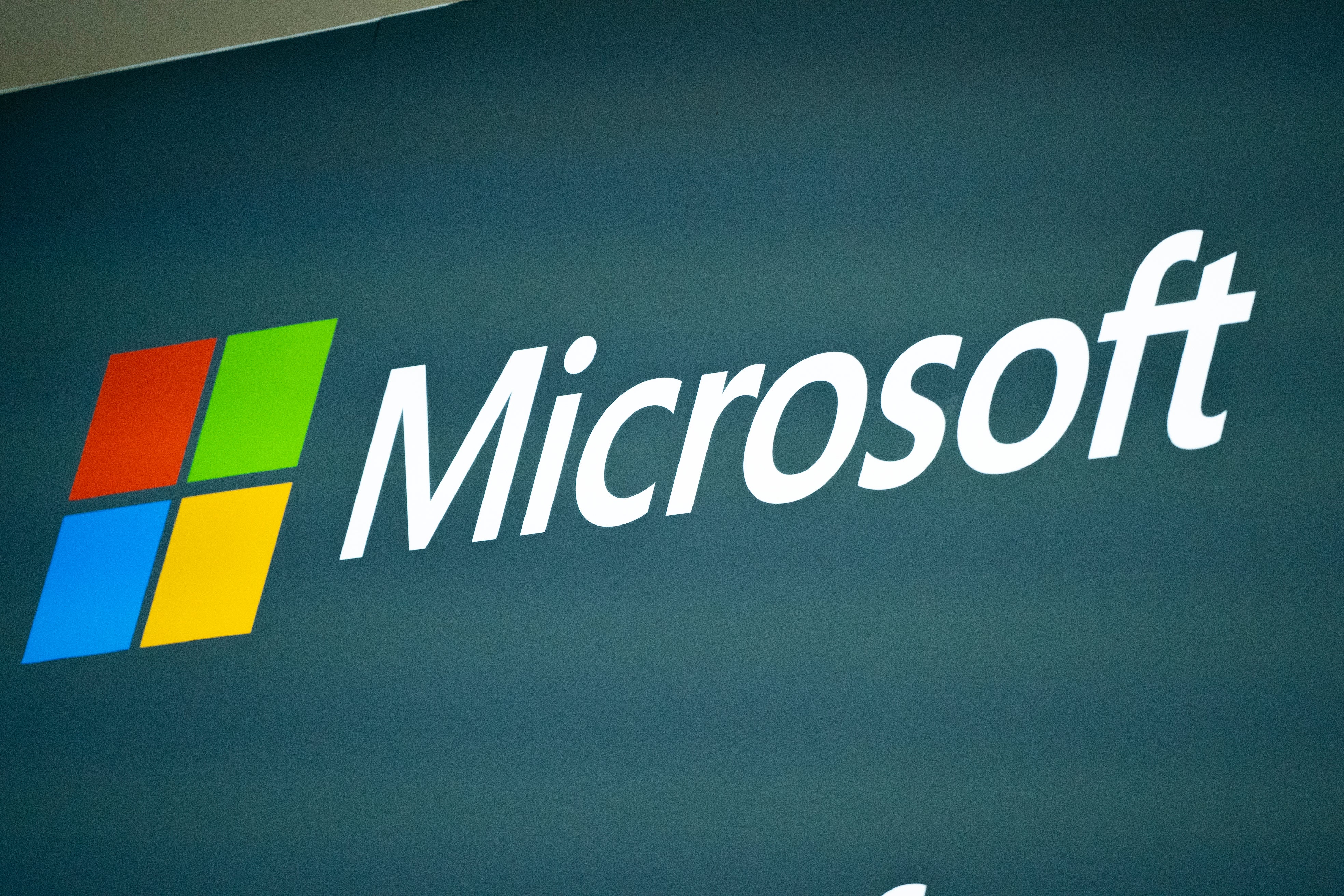Microsoft's media literacy program aims to empower internet users and combat online misinformation
A new effort to promote internet and media literacy by Microsoft has shown promising results in the fight against online misinformation

Your support helps us to tell the story
From reproductive rights to climate change to Big Tech, The Independent is on the ground when the story is developing. Whether it's investigating the financials of Elon Musk's pro-Trump PAC or producing our latest documentary, 'The A Word', which shines a light on the American women fighting for reproductive rights, we know how important it is to parse out the facts from the messaging.
At such a critical moment in US history, we need reporters on the ground. Your donation allows us to keep sending journalists to speak to both sides of the story.
The Independent is trusted by Americans across the entire political spectrum. And unlike many other quality news outlets, we choose not to lock Americans out of our reporting and analysis with paywalls. We believe quality journalism should be available to everyone, paid for by those who can afford it.
Your support makes all the difference.People are hungry for accurate and reliable information online and may just need help to find it, according to a new media literacy project launched by Microsoft.
The tech company worked with the Trust Project, a nonprofit consortium of news organizations, to create advertisements directing internet users to a list of eight “ trust indicators ” that can be used to assess a website's credibility. The indicators include things like the clear labeling of opinion pieces, a code of practices and the attribution of sources.
Most people who saw the list expressed greater confidence in their own ability to find reliable news while ferreting out misinformation — a promising finding that suggests media literacy can be a cheap and scalable solution to the daunting problem of online misinformation.
“This was a bit of an experiment for us,” said Ginny Badanes, senior director of Microsoft's Democracy Forward Initiative, a unit at the company that focuses on efforts to strengthen democracy and online journalism. "The world is changing very quickly and people need tools to equip themselves.”
The stakes are high. Misinformation on sites like Twitter, Facebook and YouTube has been blamed for encouraging political polarization, undermining trust in democratic institutions and promoting vaccine opposition, election denialism and violent extremism.
The speed and power of the internet can make online misinformation seem like an unresolvable problem. Journalistic fact checks are effective, but they’re labor intensive, aren’t read by everyone, and won’t convince those already distrustful of traditional journalism. Content moderation by tech companies is often inconsistent and only drives misinformation elsewhere, while prompting cries of censorship and bias. Efforts to regulate the internet are legally and politically challenging.
Measures to promote critical thinking and media literacy, however, have shown remarkable success in helping people learn how to detect misinformation themselves. Google launched a series of videos on YouTube in Eastern Europe last year designed to teach people how misinformation works; the campaign was recently expanded to Germany.
Often, claims masquerading as reliable news don't cite their sources, mix opinion and fact and use slanted stories or headlines designed to exploit powerful emotions like fear, anger or disgust.
Legitimate news organizations, by contrast, will identify their sources, invite feedback, include diverse voices and hold their journalists to a code of conduct, said Sally Lehrman, a journalist and chief executive at the Trust Project.
The ads were seen by users of Microsoft products and systems, including email. Over the course of six months, the ads prompted twice as many people to visit the project's site; 62% of those who visited the site said it helped them feel more confident about assessing online information.
“I'm very encouraged by our results,” Lehrman said, noting that short internet ads are a relatively cheap, easy solution compared to complicated and controversial government regulations or hit-or-miss efforts by tech companies.
The need for media literacy has become more obvious as deepfakes and artificial intelligence makes misinformation easier than ever to spread, Lehrman said.
But will people actually watch advertisements designed to help them become smarter consumers of news and information? Lehrman said the research shows that they will — especially when the ads are effective at grabbing people's attention.
“Are we asking people to eat their broccoli? I always reject that because I think broccoli is delicious,” she said. “But we have to make it delicious.”